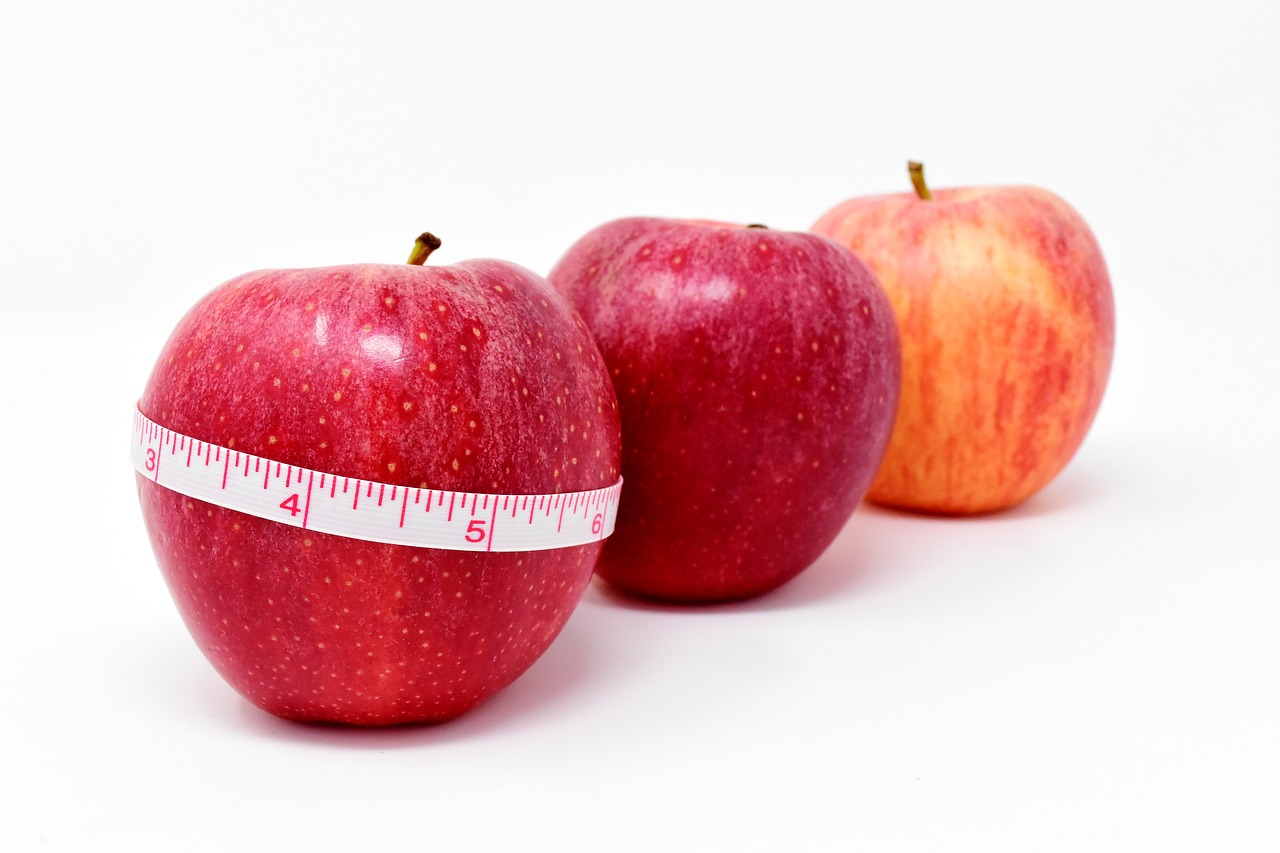
People with Idiopathic Pulmonary Fibrosis may have some challenges when it comes to weight management. For some individuals with IPF, it may be difficult to exercise due to shortness of breath or fatigue, which can lead to weight gain. Taking steroids can increase your appetite, which can also lead to making unhealthy eating choices.
In other instances, the opposite can happen. It’s not uncommon for people with pulmonary fibrosis to lose their appetite. As the condition progresses, unintentional weight loss can occur.
Maintaining a healthy weight and body mass index (BMI) is beneficial for anyone. But for people with lung disease, it is even more critical. Body mass index is used to classify adults as normal weight, underweight and overweight. The index uses height and weight to calculate BMI. Although it can vary, a BMI of less than 30 may be one of the criteria to be considered for a lung transplant.
Consequences of Being Underweight or Overweight with IPF
It’s important to determine what a healthy weight is for you and what you can do to stay in that range. Being either overweight or underweight can have negative effects on people who have pulmonary fibrosis.
Being overweight can make breathing more difficult, especially if you carry extra weight around your midsection. For those considering a lung transplant, studies have indicated that being overweight decreases five-year survival rates post-transplant.
People who are overweight also have a higher risk of developing diabetes, heart disease and certain types of cancer. You don’t want to make your breathing and quality of life worse by developing other health problems.
Some individuals with pulmonary fibrosis may also find they lose weight unintentionally and become underweight. Having too low a body mass index can also have negative effects for people with pulmonary fibrosis. For example, being underweight can mean a loss of muscle mass, mobility, and energy, which can make breathing more difficult.
Nutritional Considerations with Pulmonary Fibrosis
There is not one specific diet that is recommended for people with pulmonary fibrosis. But maintaining a healthy diet including vegetables, fruits, and whole grains is important to get the nutrients you need. Getting enough lean protein also helps prevent muscle wasting. Good sources of lean protein include chicken, fish, and eggs.
Also, remember the basics. Stick to a diet that is low in salt, added sugar, and trans fats. Eating a healthy diet helps provide you with the nutrients you need for energy and to keep your immune system strong.
If you need help losing or gaining weight, talk to your doctor. He or she can provide suggestions and have a dietician help you develop a nutritionally sound diet that meets your calorie requirements.
Although everyone’s situation may be different, consider some of the general suggestions below:
- Consider eating smaller meals more often, which may prevent becoming too full and make it more difficult to breathe.
- Smoothies or nutrition shakes may be helpful when you don’t feel like eating a meal.
- If you are underweight, don’t ignore the situation. Ask your doctor for suggestions for adding calories to meals. Your doctor may also prescribe medication to improve your appetite.
Content written by Dr. Jeremy Feldman, an expert in Idiopathic Pulmonary Fibrosis, with contributions by MaryAnn DePietro, B.S. CRT, a licensed respiratory therapist.